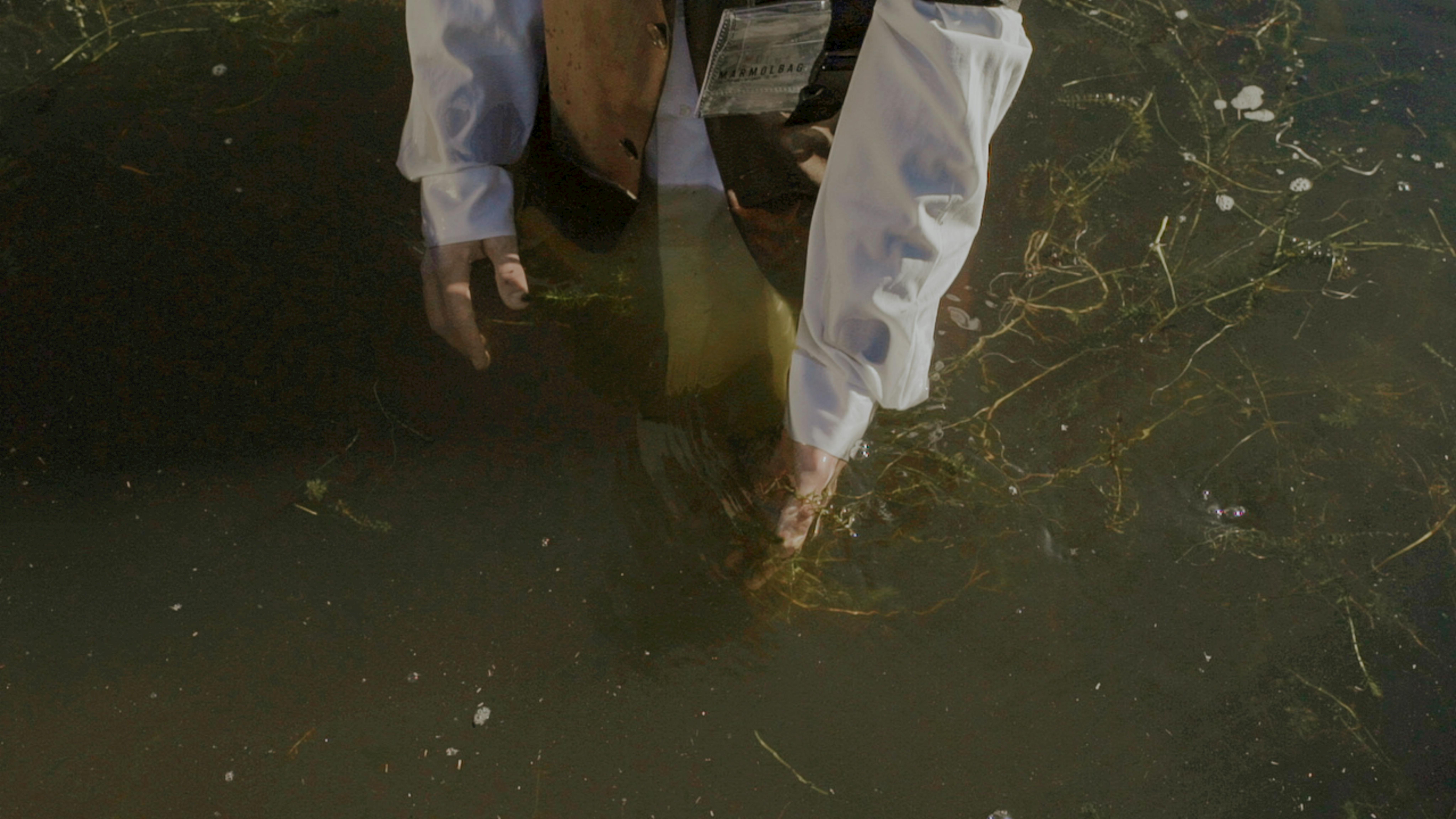The Security Council today extended the mandate of the United Nations Mission for the Referendum in Western Sahara (MINURSO) for another year, calling on the parties to resume negotiations to achieve a just, lasting and mutually acceptable solution for the region.
Adopting resolution 2703 (2023) (to be issued as document S/RES/2703), by a vote of 13 in favour with 2 abstentions (Mozambique, Russian Federation), the Council expressed its full support for the Secretary-General and his Personal Envoy to facilitate negotiations to achieve a solution to the Western Sahara question. It strongly encouraged Morocco, Frente POLISARIO, Algeria, and Mauritania to engage with the Envoy to ensure a successful outcome.
Through the text, the Council reaffirmed the need for full respect of the military agreements reached with MINURSO regarding the ceasefire and called on the parties to comply with those agreements, refraining from any actions that could undermine UN-facilitated negotiations or further destabilize the situation. It also urged the parties and neighbouring States to engage productively with the Mission to further consider how new technologies can be used to reduce risk, improve force protection and better implement the mandate.
Speaking after the vote, Linda Thomas-Greenfield (United States) said she was pleased with the adoption of the text, stressing that the Council advanced a dignified resolution for Western Sahara. However, she expressed regret that the decision was not unanimous, emphasizing that unity enhances UN efforts to achieve peace. In that regard, Morocco’s autonomy plan is a potential approach to satisfying those aspirations, she said, highlighting MINURSO’s critical role to that end. Expressing concern over the humanitarian conditions in Tindouf, she recalled that the United States is the largest donor and added: “We must all step up. People across Western Sahara and the region are counting on us.”
Martins Mariano Kumanga (Mozambique), however, said that the resolution in its current form will not assist the parties in achieving a mutually accepted political solution, noting that it marks a shift away from the Mission’s mandate in that it postpones addressing the core issues. In this regard, he expressed support for the self-determination of Western Sahara’s people, also calling on the parties to engage in good faith with the Secretary-General’s Personal Envoy and find a solution based on compromise.
Noting his abstention, Dmitry A. Polansky (Russian Federation) said that “not a single one” of his country’s comments, including those of a compromise nature, were taken into consideration. For that reason, the text does not reflect the situation on the ground and is unlikely to facilitate the Envoy’s efforts to renew direct negotiations between Morocco and Frente POLISARIO. Stressing that the round-table format is no longer relevant, he noted that Moscow maintains an active contact with all the interested parties. Furthermore, his country’s position reflects the “unscrupulous” work of penholders on the draft, he said, highlighting MINURSO’s key stabilizing role in advancing the peace process.
Zhang Jun (China), meanwhile, noted that, over the years, the Mission has diligently fulfilled its mandate and promoted a political settlement. Welcoming the progress of MINURSO’s logistical support, he expressed hope that the parties will strengthen cooperation to enable the Mission to deliver on its mandate. He further reiterated support for a solution acceptable to all parties, expressing hope that future Council discussions can reflect the changes on the ground. To that end, he encouraged the penholder to garner a broader consensus.
Welcoming the resumption of the Mission’s resupply monitoring operations in September, Nicolas de Rivière (France) underscored the importance of ensuring its freedom of movement. Expressing concern over ceasefire violations, he urged the parties to implement the agreement to facilitate the political process. He reiterated his support for Morocco’s autonomy plan – on the table since 2007 – and added: “It is now time to move forward with it”. He urged all parties to commit to finding a durable solution based on compromise, and expressed support for the resumption of the round-table talks.
In a similar vein, Michel Xavier Biang (Gabon) also voiced support for the political process based on compromise, stressing that the resolution will make it possible to bolster the Personal Envoy’s efforts. Emphasizing that the diplomatic momentum must be built upon, he spotlighted the importance of resuming the round-table format with all key players. He supported Morocco’s autonomy plan and encouraged the country to continue preserving the ceasefire and strengthening cooperation with MINURSO. He called on the other parties to follow suit in the interest of regional stability and security.
Rounding out the discussion, Mohamed Issa Abushahab (United Arab Emirates) said he supported the resolution because it is a balanced text that considers the developments that took place since 2022. The round-table format – with the participation of all parties – will help to break the political impasse, he said, adding that Morocco’s autonomy initiative is the only way to reach a mutually acceptable political solution. In that regard, Frente POLISARIO should fully cooperate with the Mission and remove all obstacles that could impact its work.








